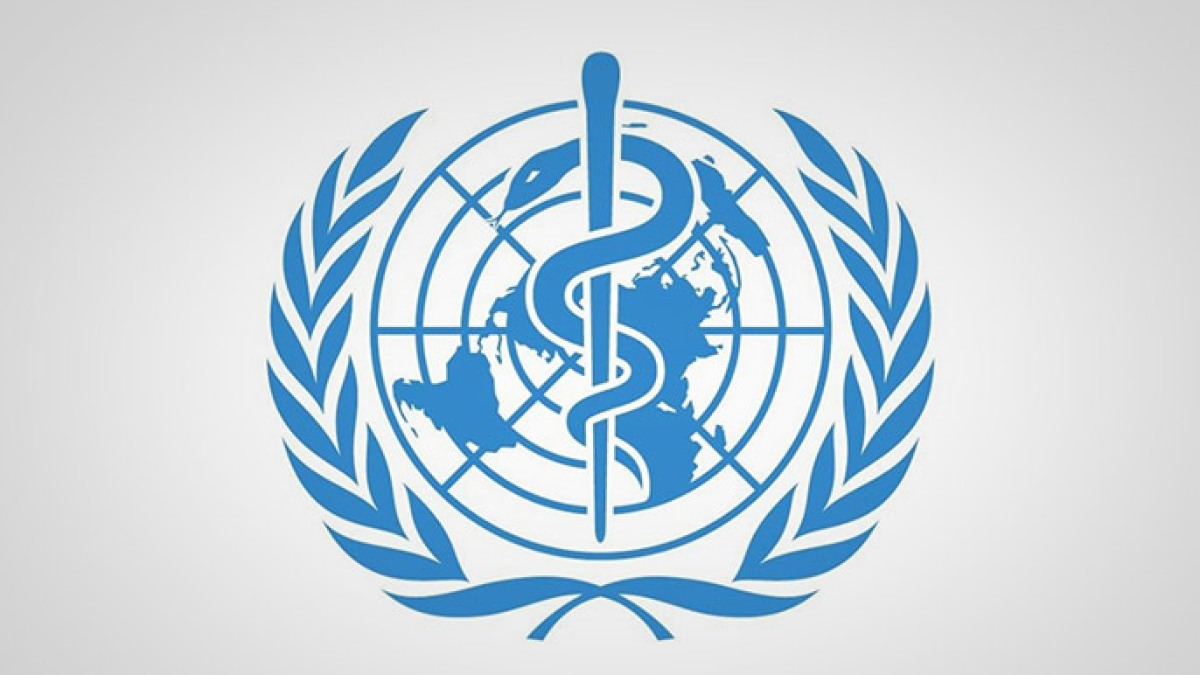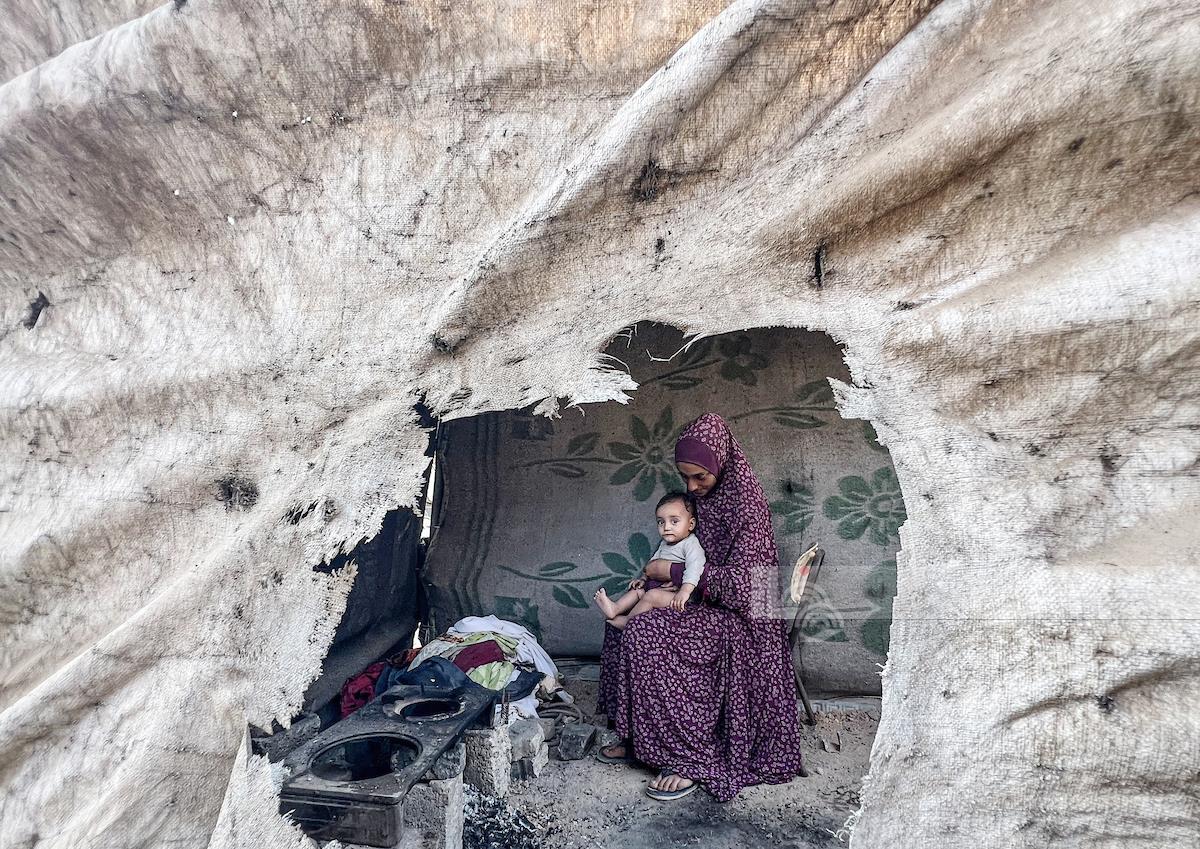NEW YORK, October 2, 2025 (WAFA) – The World Health Organization (WHO) reported Thursday that 42,000 people in Gaza are living with life-altering injuries, a quarter of them children.
According to the UN agency’s latest report, these survivors will require long-term care and rehabilitation for many years. Life-altering injuries make up one-quarter of all reported injuries in Gaza, with a total of 167,376 people wounded since October 2023. More than 5,000 people have undergone amputations.
Severe injuries such as limb damage, spinal cord and brain injuries, and major burns are widespread, creating urgent needs for specialized surgical care and rehabilitation. The WHO affirmed the prevalence of complex facial and eye injuries, particularly among patients listed for medical evacuation abroad, many of which result in disfigurement, disability, and social stigma.
Before the war, Gaza had around 1,300 physical therapists and 400 occupational therapists. Many have since been displaced, and at least 42 have been killed by Israeli attacks as of September 2024.
WHO Director-General Tedros Adhanom Ghebreyesus said at a press briefing that two years of war have devastated Gaza’s health system. He added that rhe destruction of Gaza’s civilian infrastructure is immense and will take a long time to rebuild.
He stressed that rehabilitation services are also vital for people with non-communicable diseases and disabilities.
Since the start of the war, WHO has coordinated the evacuation of 7,841 patients for treatment outside Gaza. Following the closure of Rafah crossing in May 2024, WHO has assumed full responsibility for all medical evacuations, most of which involve trauma injuries, cancer, heart disease, eye care, and congenital conditions. Egypt, the UAE, Qatar, Turkey, Jordan, and several EU countries have received the largest numbers of patients.
Currently, 15,600 patients — including 3,800 children — remain on the waiting list. “We can only conduct evacuations once a week,” Tedros said. “I call on more countries to receive these patients, and for the resumption of medical evacuations to the West Bank, including Jerusalem, and for scaling up their frequency.”
He noted that health and humanitarian workers, including WHO staff, have been working under “harsh and unsafe conditions, with minimal supplies, food, transportation, and fuel. Some have paid the ultimate price.”
WHO’s representative in the occupied Palestinian territory, Rik Peeperkorn, speaking from Deir al-Balah, said Gaza has only eight specialists for prosthetics manufacturing. He warned that displacement, malnutrition, and shortages of assistive devices mean the true rehabilitation burden is far greater than reported.
He added that survivors are also struggling with profound psychological impacts, including trauma and loss, while psychosocial support remains scarce, even for caregivers and families.
Peeperkorn underscored the urgent need to expand psychosocial support alongside physical rehabilitation, ensure protection of healthcare, remove restrictions on medical supplies and fuel, and guarantee sustained investment to rebuild a stronger health system for the future.
M.N










